US to eventually release a photo of Bin Laden: Panetta
There is no question that US will ultimately release a photo showing Bin Laden dead, said the director of CIA.
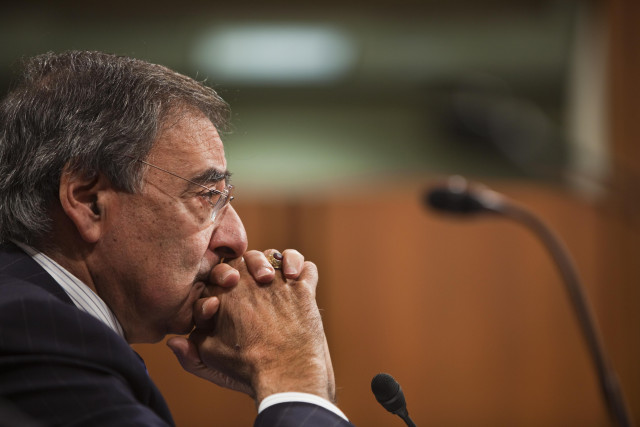
"The government obviously has been talking about how best to do this, but I don't think there was any question that ultimately a photograph would be presented to the public," Leon Panetta said according to a transcript of the television interview, recorded shortly after 10:30 am (1430 GMT).
Asked by Reuters about the remarks, a White House spokesman said no decision had been made about releasing images of bin Laden dead.
New Al-Qaeda chief will be next enemy No. 1
While it is not yet certain who will replace Osama bin Laden to lead al Qaeda, CIA Director Leon Panetta said Tuesday that whoever take his place will becomes America's new public enemy number one.
Bin Laden's deputy, Ayman alZawahiri, is expected in some circles to take over, but it is not clear how soon that will happen and he may be more concerned for his own public safety after US special operations took out the al Qaeda chief in a daring raid.
"He's moving up very fast on the list," Panetta told CBS television's "Evening News with Katie Couric" in referring to Zawahiri.
Panetta said that until a new al Qaeda leader is formally anointed, the United States expects to take advantage of the situation.
"We think that'll give us some opportunities to be able to continue to attack them in the confusion and debate that they're going to go through as to who ultimately replaces bin Laden," he said.
"But I can assure you, whoever takes his place, he will be number one on our list."
Bin Laden's hideout in a large compound in the garrison town of Abbottabad, just north of Islamabad, has led to widespread speculation that the former al Qaeda leader's whereabouts had been known to the Pakistani government.
But Panetta said the US government does not have any intelligence indicating that "Pakistan was... aware that Bin Laden was there, or that this compound was a place where he was hiding."
Noting that the compound was close to an elite military academy and that bin Laden had been living there about five years, Panetta nonetheless pressed Islamabad to provide more answers. "I just think they need to respond to the questions about why they did not know that that kind of compound existed," he said.
Asked whether Pakistan should be declared a terrorist state, Panetta acknowledged that the US-Pakistani relationship is a "very complicated and difficult" one, but warned the ties should not be severed.
"Look, we are virtually conducting a war in their country going after al Qaeda," he said. "And at the same time, we're trying to get their help in trying to be able to confront terrorism in that part of the world. "And they have given us some help, and they have given us some cooperation."

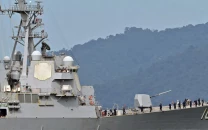
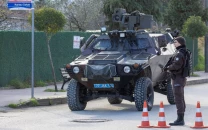
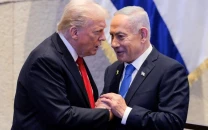
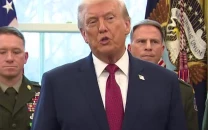
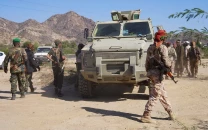
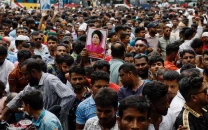

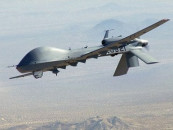
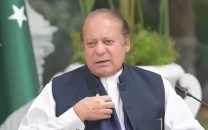
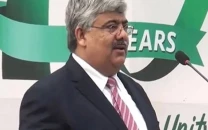
1726134115-0/BeFunk_-(41)1726134115-0-208x130.webp)






COMMENTS
Comments are moderated and generally will be posted if they are on-topic and not abusive.
For more information, please see our Comments FAQ